Beirut, MINA – The UN Economic and Social Commission for West Asia (ESCWA) said that more than half of the Lebanese population live in poverty.
According to data collected in May 2020, more than 55 percent of the Lebanese population is trapped in poverty and struggling to make ends meet.
About 2.7 million of Lebanon’s 6 million people live below the poverty line, surviving on less than $ 14 a day, while poverty has almost tripled in the past 12 months, increasing from eight to 23 percent of the country’s population, MEMO reported.
The Mediterranean country’s economic and political crisis has caused poverty rates to rise significantly in recent months, even before the start of the coronavirus pandemic or the explosion in Beirut.
Also Read: US Revokes Terrorist Designation for Syrian Hayat Tahrir al-Sham
According to estimates, the poverty rate will likely continue to rise in the aftermath of the recent Beirut explosion, which killed and injured many victims and displaced some 300,000 Beirut residents.
OCHA, the UN’s humanitarian agency, explained that more than 70,000 Lebanese have lost their jobs and that the post-explosion pay cuts have direct implications for more than 12,000 households.
According to the ESCWA report, Lebanon’s once growing middle class has faced significant erosion and now accounts for less than 40 percent of the population, while the affluent group now comprises only five percent of the Lebanese population.
Based on these figures, the UN report warns that many Lebanese residents will seek to leave the country in search of better opportunities abroad in the near future.
Also Read: Israeli Airstrikes Hit Western Yemen Amid Rising Tensions
However, ESCWA senior economist Khalid Abu-Ismail said there were many solutions to tackling the poverty problem in Lebanon, such as the contribution of a solidarity fund from the wealthy population of Lebanon to pay for a national social safety net that could eradicate extreme poverty in the country.
In addition, he added, post-explosion international donations at the port of Beirut, which focus on health and food security as well as social safety nets are needed as soon as possible to reduce the effects of various Lebanon crises, including the poverty crisis. (T/R7/RE1)
Mi’raj News Agency (MINA)
Also Read: Turkiye Denies $393.7 Million Export Claims to Israel, Calls Reports ‘Disinformation’





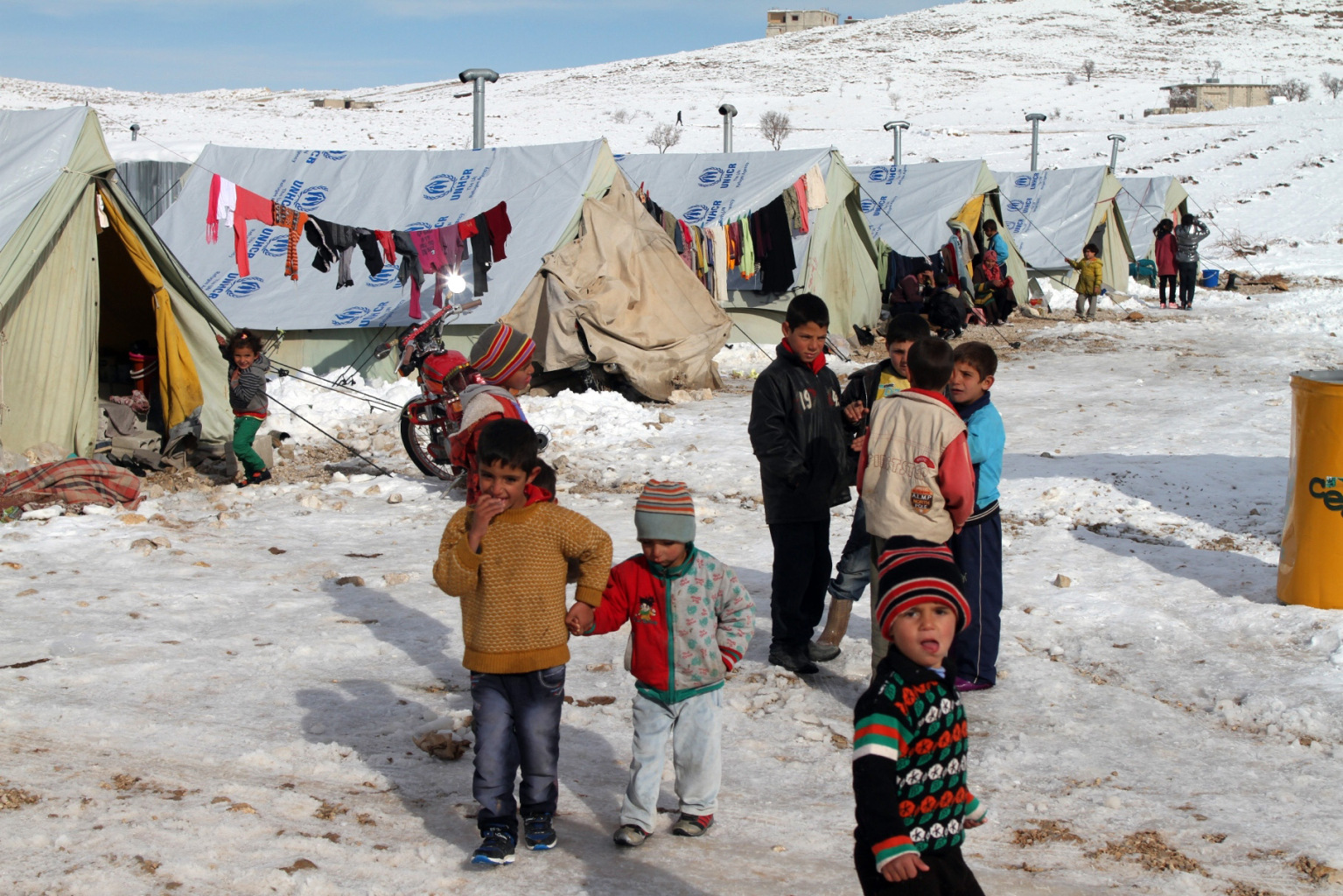

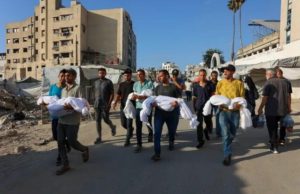
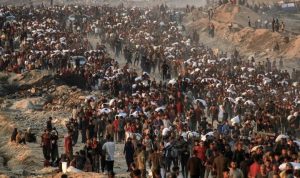
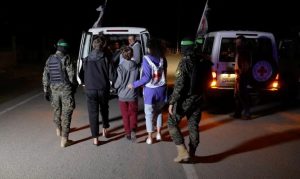


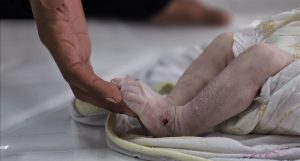

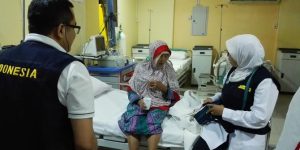
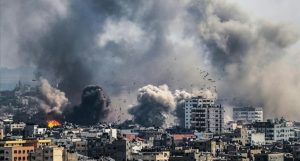
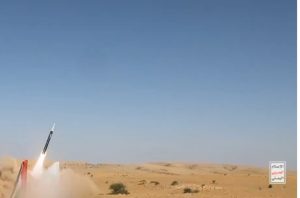



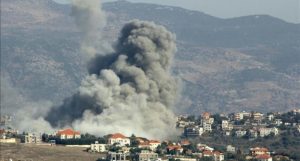






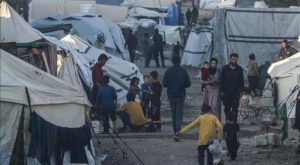

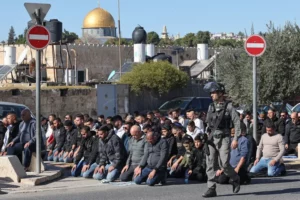






 Mina Indonesia
Mina Indonesia Mina Arabic
Mina Arabic